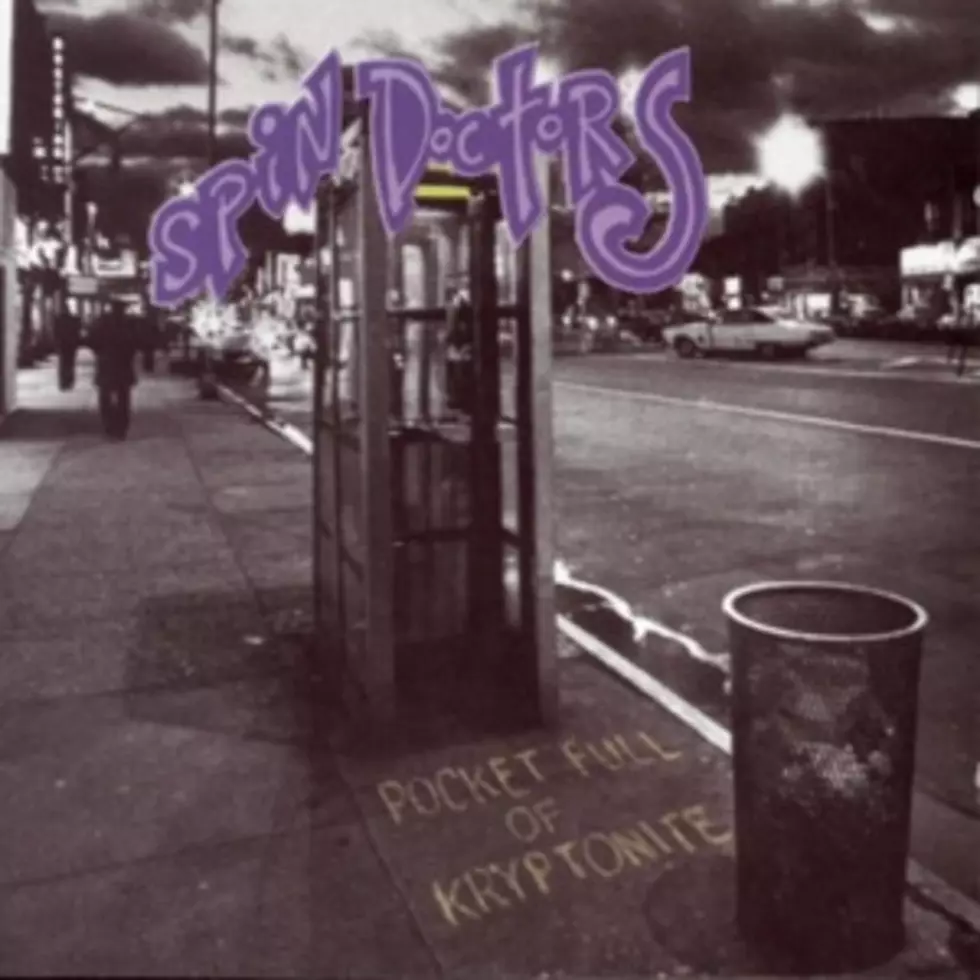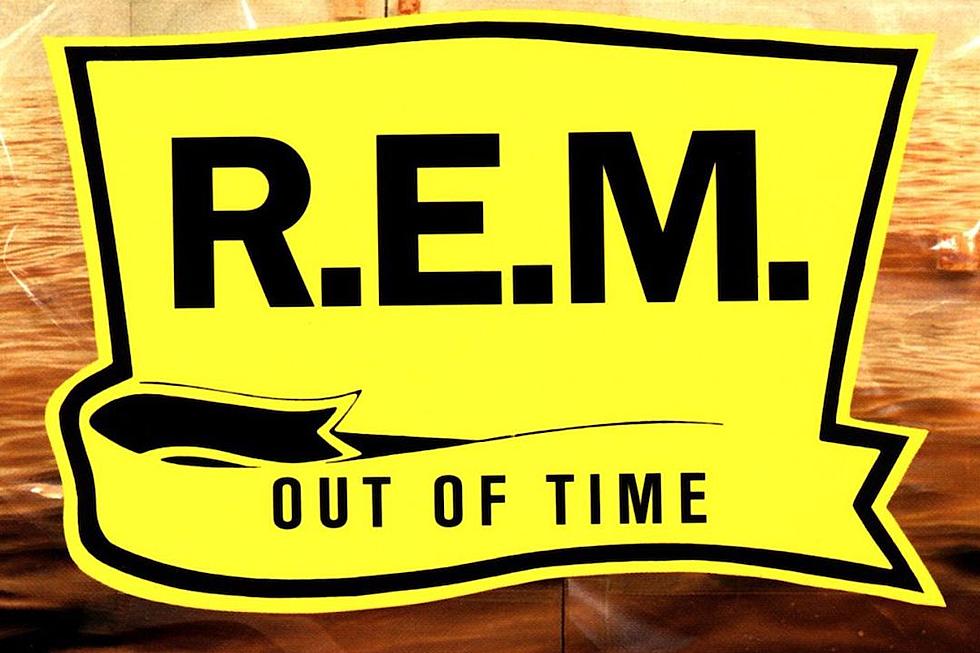
24 Years Ago: Spin Doctors Release ‘Pocket Full of Kryptonite’
Whenever we get enough distance from a work of art, it's tempting to frame our understanding in the context of the period in which that work was created. While this approach seems to make sense, it also handcuffs art to the trends that surround it. Take the late-'80s/early-'90s "neo-hippie"/jam band movement that gave rise to the Spin Doctors. When we look back on the New York City quartet's full-length studio debut, Pocket Full of Kryptonite, of course it helps to point out its links to other then-rising acts like Blues Traveler, Phish, the Aquarium Rescue Unit and the Dave Matthews Band. On the other hand, Pocket Full of Kryptonite warrants -- even demands -- to be understood as more than just an artifact of its time.
Steer clear of your over-exposure to "Two Princes" and "Little Miss Can't Be Wrong" -- mega-hits that were played to death at the time and remain radio staples to this day -- and Kryptonite offers a distinct blend of funk, rock and pop. When the Spin Doctors solidified their classic four-piece lineup in the late '80s, they cut their teeth passing their own original blues tunes off as old classics in traditional blues clubs because they preferred to write their own material. The blues influence hardly shows at all on the tunes that would make it onto this album, but clearly the band had honed their instincts for concise songcraft by the time they entered the first of several studios to begin recording in the summer of 1990.
Spin Doctors were known for playing shows in excess of two hours, and even when appearing on TV, they could stretch songs out to interminable lengths. But, thanks in part to the tight, tastefully polished production of Frank Aversa, Peter Denenberg and then-executive A&R rep Frankie La Rocka, Pocket Full of Kryptonite showcases the band's penchant for songcraft -- even as each player's instrumental chops shines through. Other likeminded acts -- Dave Matthews (Under the Table and Dreaming), Phish (Billy Breathes), moe. (Dither), and Umphrey's McGee (Anchor Drops) -- would also find their own balance between improvisation and songs, but the Spin Doctors got there first and essentially came out of the chute armed and ready with would-be hits.
Kryptonite opens with a sparkling, instantly memorable guitar figure courtesy of Eric Schenkman on "Jimmy Olsen's Blues." In turn, Schenkman's bandmates all demonstrate what made their group chemistry so unique as they each join in: bassist Mark White's propulsive, hyper-funky slapping style, drummer Aaron Comess's jazz-leaning, behind-the-beat groove that also managed to be driving and muscular -- in a word rockin' -- and vocalist Chris Barron's idiosyncratic phrasing. Barron's vocals lagged so far back behind the rest of the music that it was as if the firm boundaries of measures and beats didn't apply to him. He also veered precariously close to singing out of tune and yet always landed on his feet, as if his pitch and cadence belonged exactly where they were.
Barron introduces "Jimmy Olsen's Blues" with "I don't think I can handle this," before painting a convincing picture of heartache through the lens of a whimsical re-telling of the Superman story from the point of view of a supporting character. It's hard to think of another song that captures the frustration and disappointment of unrequited love in such a way that it also elicits a smile, but Barron and the band hit their target. Schenkman's chords flow over the music like creek waters over smooth rocks, while his chiming guitar on "Forty or Fifty" evokes the sensation of waking up from a dream. Each of the four band members bring a specific spice to the table; each comes with such a strong flavor that each might be an acquired taste when taken as an individual. Each displays a musical trait that would seemingly threaten to capsize the music and yet, somehow, all the components fit together.
When the Spin Doctors were first signed to a major label deal, they were getting to gigs by loading taxi cabs with their gear. Their first release, the EP Up for Grabs... Live, captured what it was like to catch one of their early shows at the Wetlands Preserve rock club in downtown Manhattan. But when Pocket Full of Kryptonite dropped, the band immediately proved to be a studio force to be reckoned with. Kryptonite didn't initially catch on the way Epic had hoped; in fact, the album languished for over a year before dogged touring and a delayed radio response ultimately catapulted the Spin Doctors to multi-platinum status. By early 1993, the band was reaping enormous success. Nevertheless, a precipitous dropoff in sales and popularity would befall them the following year with the release of the follow-up Turn It Upside Down. The rest, as they say, is history -- but Kryptonite is best viewed as a vital rock album that can be enjoyed on its own terms and still sounds fresh today, history be damned.
More From Diffuser.fm









